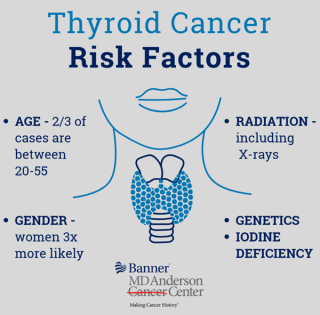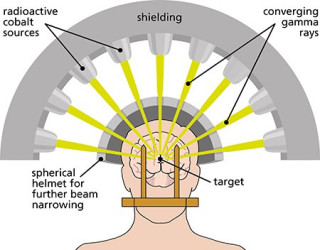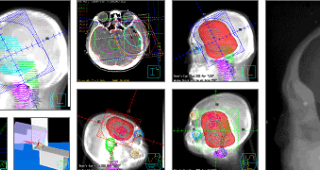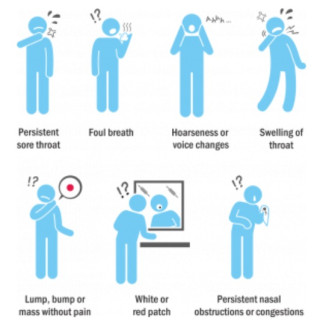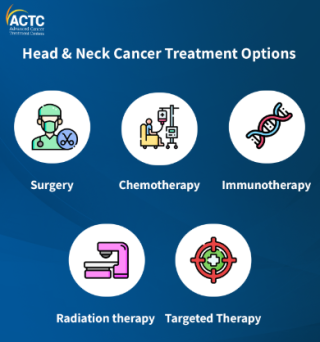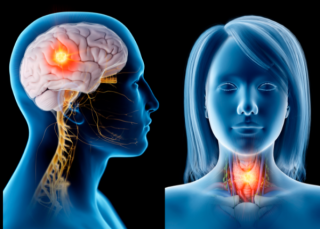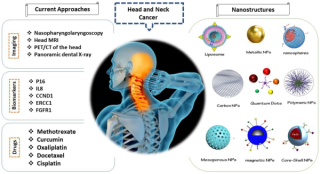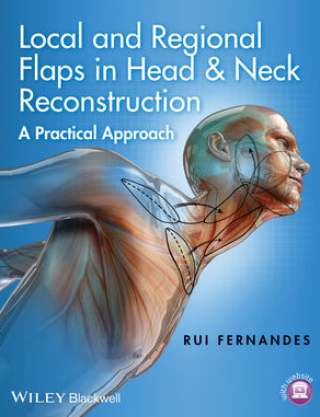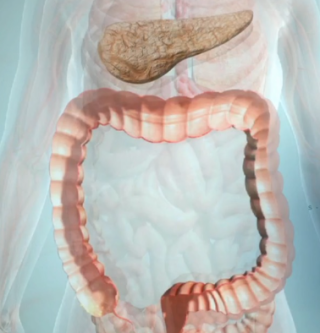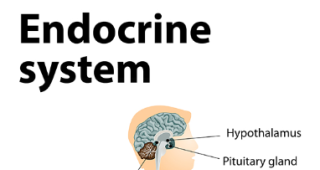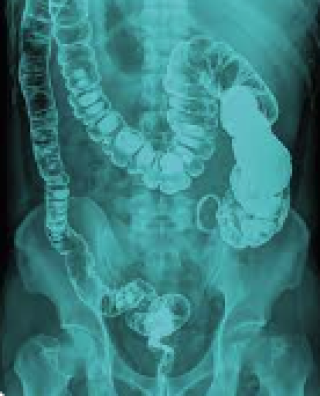Side Effects of Vulvar Cancer Chemotherapyupdated at Nov 08, 2025 1,437 1,437 Chemotherapy for vulvar cancer can lead to a variety of side effects, |
What are the causes and risk factors of thyroid cancer?created at May 04, 2009 1,245 1,245 The exact causes of thyroid cancer are largely unknown, |
Stereotactic radiosurgery for Brain Cancercreated at May 04, 2009 1,272 1,272 Stereotactic radiosurgery (SRS) is a non-invasive type of radiation therapy that delivers highly focused beams of radiation to a precise point in the brain to target brain tumors, |
Understanding Radiation Therapy for Brain Tumorscreated at May 04, 2009 1,480 1,480 Radiation therapy for brain tumors uses high-energy radiation to kill cancer cells and shrink tumors.This can be delivered externally through a linear accelerator (external beam radiation therapy) or internally via implanted radioactive seeds (brachytherap... |
What is brain cancer?created at May 03, 2009 1,251 1,251 Brain cancer is a disease in which malignant (cancerous) cells form in the tissues of the brain.It encompasses a wide variety of tumors, |
Navigating Clinical Trial Decisions for Head and Neck Cancer Treatmentcreated at May 09, 2009 1,302 1,302 Clinical trial decisions for head and neck cancer treatment depend on several factors, |
What are the risk factors for head and neck cancers?created at May 09, 2009 3,120 3,120 Risk factors for head and neck cancers include tobacco use (smoking and smokeless tobacco), |
Exploring Treatment Options Beyond Surgery for Head and Neck Cancerscreated at May 09, 2009 1,288 1,288 Treatment options for head and neck cancers beyond surgery include radiation therapy, |
Navigating Life After Head and Neck Cancer Treatment: Practical Advice and Supportcreated at May 09, 2009 1,293 1,293 Life after head and neck cancer treatment involves a multifaceted recovery process focusing on physical rehabilitation, |
How will a physician make a diagnosis of head and neck cancer?created at May 09, 2009 1,230 1,230 Diagnosis of head and neck cancer typically begins with a thorough medical history and physical examination, |
Navigating Head and Neck Cancer Surgery: Understanding the Risks and Benefits of Reconstructioncreated at May 09, 2009 1,335 1,335 Head and neck cancers present unique challenges, |
Unveiling the Causes and Risk Factors of Endocrine Cancer: What You Need to Knowcreated at May 04, 2009 1,221 1,221 Endocrine cancer, |
Understanding the Symptoms of Endocrine Cancer: A Comprehensive Guidecreated at May 04, 2009 1,417 1,417 Endocrine cancer manifests in various glands throughout the body, |
Understanding Oral and Maxillofacial Surgery: A Comprehensive Overviewcreated at May 26, 2009 1,528 1,528 Oral and maxillofacial surgery (OMS) is a specialized branch of dentistry that focuses on diagnosing and treating a wide range of conditions affecting the head, |
Navigating Hope: Understanding Chemotherapy in Stomach Cancer Treatmentcreated at May 04, 2009 1,335 1,335 In the intricate landscape of stomach cancer treatment, |
How are head and neck cancers staged and what, created at May 09, 2009 |
What are the warning signs of head and neck cancers?created at May 09, 2009 1,627 1,627 Warning signs of head and neck cancers depend on the location of the cancer. Sometimes there are no warning signs. That's why men and women over 40 may wish to get an annual cancer-related health checkup, |
What are the major contributing factors for head and neck cancers?created at May 09, 2009 1,895 1,895 The major causes (etiologic factors) for head and neck cancers are tobacco and alcohol use, |
